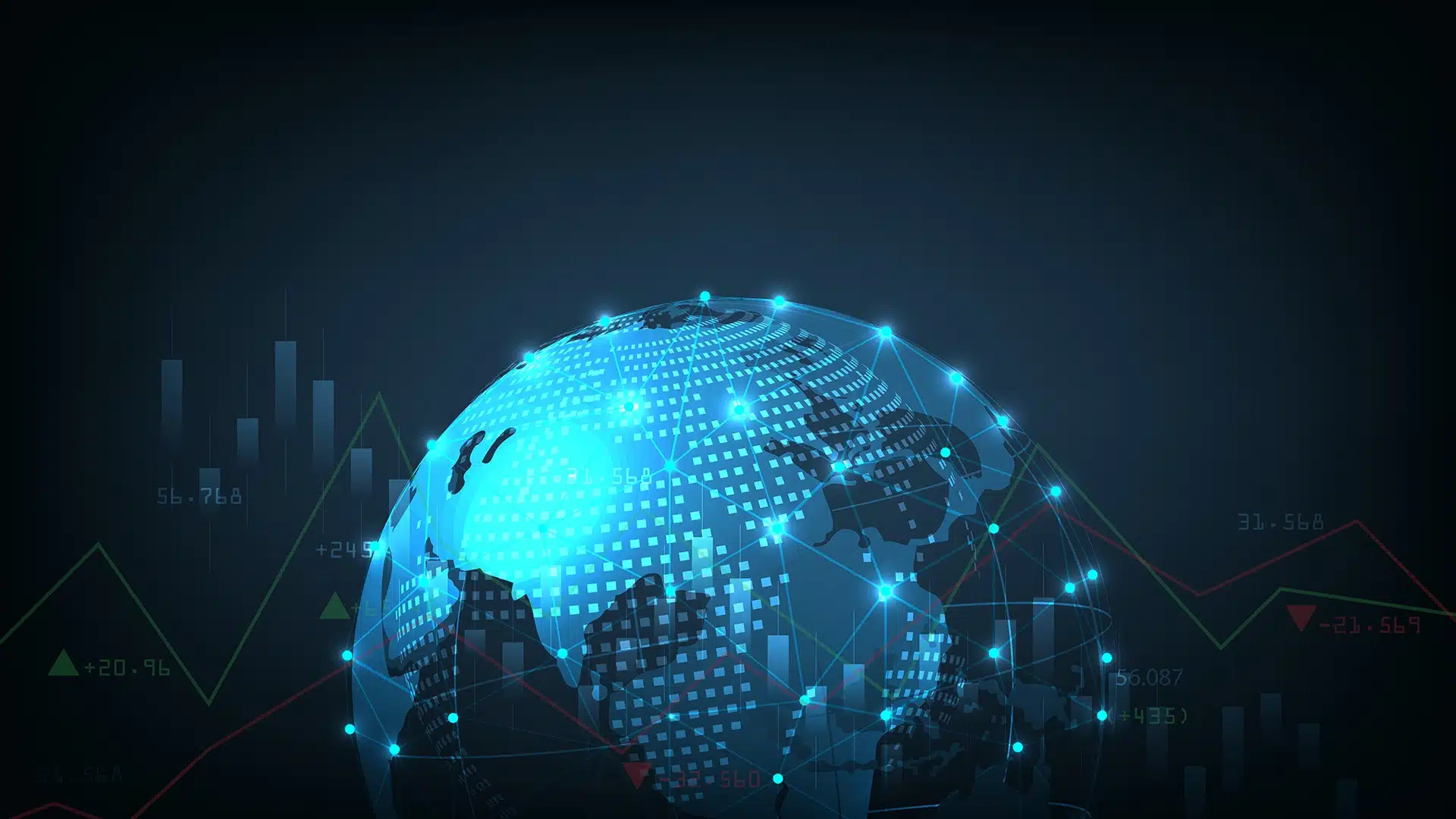
Newsletter Subscribe
Enter your email address below and subscribe to our newsletter

Enter your email address below and subscribe to our newsletter

Economic shocks are crucial in understanding how economies react and recover from disruption. This article explores why these events matter, how they influence policy decisions, and what they teach about resilience and growth in both national and global markets.
| Getting your Trinity Audio player ready... |
Have you ever wondered what happens when a sudden event sends ripples through the entire economy? Imagine waking up one day to find that a natural disaster has disrupted supply chains, or a geopolitical event has caused markets to tumble.
Examples of significant economic shocks include the UK’s GDP falling by 7.7% between 1974 and 1975, a 10% reduction in household spending for those who became unemployed during the Great Recession, and an increase in acute food insecurity to nearly 350 million people in 2022 due to multiple global crises. What does this mean for you, your investments, and your financial future?
Economic shocks are not just abstract concepts; they directly affect your spending power, job security, and the overall health of the economy you live in. These shocks can come from unexpected places — a hurricane, a sudden political upheaval, or even a breakthrough technology.
How prepared are you to face these economic surprises? Understanding the nature of economic shocks is your first step toward building resilience and making informed financial decisions.
An economic shock is a sudden, large-scale event that disrupts the normal functioning of an economy, causing instability and significant changes in economic performance. It is often characterized as a single or short-term event that breeds instability, making it challenging for economies to adapt quickly.
Economic shocks are unexpected events that cause significant disruptions in the economy’s consistent direction. These shocks can be either positive or negative:
These shocks may originate from various sources:
Because the global economy is so interconnected, a shock in one region or sector can quickly spread, causing economic chaos based on politically motivated acts or natural disasters.
Understanding why economic shocks are important helps you protect your financial well-being. Here’s why: Keynesian economics emphasizes that demand shocks can trigger recessions and are not self-correcting in the short term, highlighting the need for proactive measures to mitigate their effects.
Start by familiarizing yourself with the different types of shocks:
Keep an eye on key indicators such as unemployment rates, inflation, stock market trends, and geopolitical news. These can signal potential shocks or economic downturns. For example, the 1973 oil crisis highlighted the vulnerability of industrialized nations to commodity price shocks, prompting efforts toward energy independence.
Spread your investments across sectors and regions to reduce risk. This strategy helps protect you against regional economic shocks or industry-specific downturns.
Economic shocks often involve unpredictable consequences. Staying informed about global supply chains, trade relationships, and market trends allows you to adapt your strategies quickly. Analyzing Systemic Economic Shocks requires a holistic perspective on interdependencies in global systems to better understand their ripple effects.
Engage with financial advisors, participate in economic forums, and collaborate with others to build a robust understanding and response plan. Governments and policymakers often respond with various measures to mitigate the impacts of economic shocks and restore economic stability.
Economic shocks play a crucial role in shaping the health and stability of the global economy. Whether they are upward economic shocks that drive innovation and growth or downward shocks that cause recessions and job losses, understanding these events is essential for individuals, businesses, and policymakers alike.
By recognizing the types of economic shocks (supply-side, demand-side, financial, political, and technological) and their far-reaching impacts, you can better prepare for and respond to sudden economic changes. Awareness and proactive strategies, such as diversification and staying informed about market trends and geopolitical events, are key to building resilience against economic shocks.
Ultimately, grasping why economic shocks are important empowers you to protect your financial well-being and seize opportunities, even amid uncertainty.
Supply-side shocks affect the production capacity of the economy, often caused by natural disasters or increased production costs. Demand-side shocks involve sudden changes in consumer or business spending, impacting overall economic activity.
No, economic shocks can be both upward and downward. Upward shocks boost productivity and create value, while downward shocks cause economic downturns and job losses.
Diversifying your portfolio across different sectors and regions, staying informed about market trends, and adjusting your financial plans proactively can help mitigate the impact of economic shocks.
Emerging markets often have limited economic stability and resilience, making them more susceptible to disruptions from global supply chains, political upheaval, and natural disasters.
Political shocks, such as geopolitical tensions or policy changes, can disrupt trade relationships and markets, leading to widespread economic instability and uncertainty.
While some technological advancements are anticipated, many represent unanticipated events that can dramatically change productivity and economic performance.
Central banks, like the Federal Reserve Bank, respond to financial shocks by adjusting monetary policies to maintain economic stability and support liquidity in financial markets.
Natural disasters can cause supply chain disruptions, increase production costs, and reduce consumer spending, leading to downward economic shocks.
A financial shock originates from instability in financial markets, such as stock market crashes or banking liquidity crises, affecting credit flow and economic activity.
Understanding economic shocks helps you anticipate market changes, protect your investments, and make informed decisions during periods of economic instability.